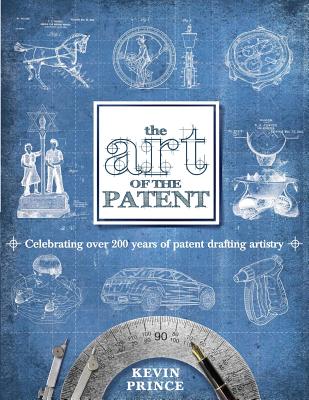
description
8One hundred years after the founding of the Bauhaus school, this book takes a deeper look at some of this design movement's most recognizable objects. The Bauhaus existed for only 14 years in Germany, but for the past 100 years its ideas have been passed on and its products relaunched, imitated, and further developed. Using 14 famous, familiar, or forgotten objects, this book offers 14 case studies. It examines questions such as how did the woman sitting on the tubular-steel chair become the most famous anonymous figure from the Bauhaus; whether the Haus am Horn in Weimar has a secret twin; and why the tea infusers by Marianne Brandt which were created as prototypes for industrial production always remained one-of-a-kind pieces. This book presents art and design from the Bauhaus-Archiv's collection, along with exceptional loans from international collections. It sheds light on how unique work and series, remake and original are inseparably linked in the history of the Bauhaus. This is because Bauhaus artists did not see art and technology as opposed to each other. Instead, they used technical innovations to create exceptional works of art, and they took serial production into account from the moment they began drafting their designs. Reproductions, re-editions, and remakes have made the Bauhaus the 20th century's most influential school of architecture, design, and art, and this book offers a new take on the Bauhaus legacy.
member goods
No member items were found under this heading.
Return Policy
All sales are final
Shipping
No special shipping considerations available.
Shipping fees determined at checkout.







